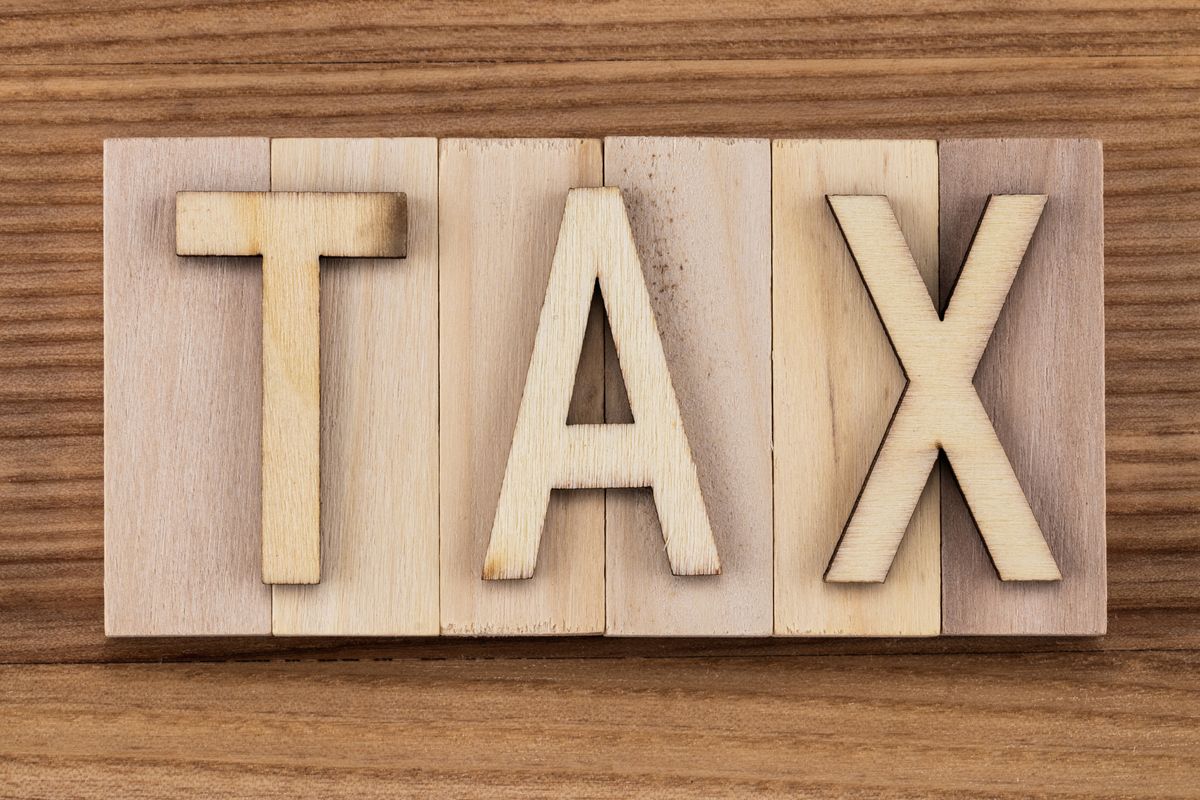I started taking my pension from a company that I used to work for. And I am worried about the taxes that I will be responsible for in April. I am not sure how it will affect my yearly income. Is it taxed at a different rate than our salaries, will it be taxed more when added to income. How will this work.
Let me start with a little background. My wife and I make around $210,000 a year. We both claim married 2 for taxes. We both have about 5% taken out for our 401k's. And we usually owe about $2500 at the end of the year. The pension is 2800 with about 300 taken out in taxes.
We presently have $35,000 in debt. And around $6200 in monthly bills. Between the mortgage and utilities our monthly bills are around $7600 that's with the bills and debt. I plan on using the pension money to pay pay off what I can and then a year from now bring my tax liabilities down to 0 married and my wife will do the same and then upping the 401k's. We then plan on investing the pension money. But my main concern this year is paying off the bills I have and the taxes that will be due at the end of the year. I am thinking of putting between $250 and $400 away monthly extra for the taxes.
Right now my finances are a mess and this extra money will straighten it out.
Thanks for the help.
Let me start with a little background. My wife and I make around $210,000 a year. We both claim married 2 for taxes. We both have about 5% taken out for our 401k's. And we usually owe about $2500 at the end of the year. The pension is 2800 with about 300 taken out in taxes.
We presently have $35,000 in debt. And around $6200 in monthly bills. Between the mortgage and utilities our monthly bills are around $7600 that's with the bills and debt. I plan on using the pension money to pay pay off what I can and then a year from now bring my tax liabilities down to 0 married and my wife will do the same and then upping the 401k's. We then plan on investing the pension money. But my main concern this year is paying off the bills I have and the taxes that will be due at the end of the year. I am thinking of putting between $250 and $400 away monthly extra for the taxes.
Right now my finances are a mess and this extra money will straighten it out.
Thanks for the help.



Comment